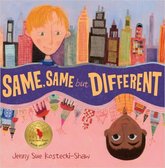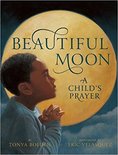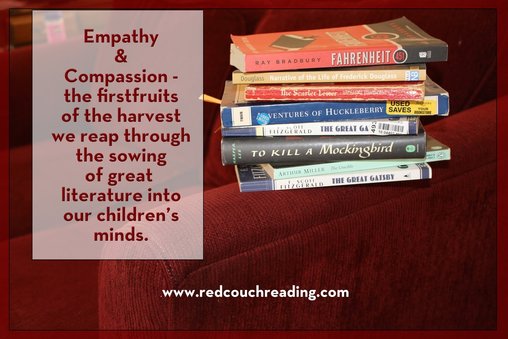We work pretty hard at finding the best curriculum and understanding the pros and cons of everything from phonics materials to SAT 2 testing. Sometimes, in the midst of all of that learning and educating, however, we lose sight of the fact that we are not just raising brilliant human beings to impact their world: We are raising human beings who need to interact with their world in order to impact it and to enjoy it.
That said, an article in Time magazine caught my eye recently. Entitled "Reading Literature Makes Us Smarter and Nicer," by Anne Murray Paul, the article summarizes data from 2006-2010 studies revealing that reading literature actually increases our compassion and empahty for others. What the author calls "Deep Reading" - not simply reading the back of a cereal box or an online blurb, but actually immersing oneself in another time and place - causes us to identify with the people and places we meet in the literature we read. Of course, I suspect all true readers knew this instinctively, but it is pretty marvelous to have data to back it up!

Is it possible that by exposing our children to protagonists both male and female, of all cultural and racial backgrounds, in different socio-economic backgrounds than they experience, and from different historical perspectives than they will ever know - is it possible that this is a powerful took to make them better, more informed, more empathetic citizens of the world? Yes. Ms. Paul also cites a 2010 study which shows that even young children form a better understanding of others' intentions when they have been read to. In fact, the more stories that had been read to them, the more precisely the children were able to understand others - the study called this their "theory of mind."
So, how do we begin? Well, as you cuddle the littlest ones on your lap, make sure to read books that are not just "for boys" to boys, and not just books "for girls" to your girls. Look thoughtfully for books about other cultures, and times. Purposefully find books about children who look different than your family looks. Look for diversity in protagonists, in setting, and in culture. We love the book "Same, Same, but Different" about two penpals, one from the US and one from India. The illustrations are realistic and charming, and the comparisons between life in India and life in the States is valuable for children.

To help your kids think about people in different situations, perhaps a good start is "Beautiful Moon" -by Tonya Bolden- which shows a young boy praying for the homeless and hungry. It has lovely, achingly beautiful illustrations, and is perfect to help 4 -8 year olds think about people other than themselves! In addition, many of the books we consider "Classics" are also terrific.
I think the series that helped my children really get "in the skin" of kids with other experiences was the Lois Lenski series of books on children. Published over 50 years ago, "Judy's Journey," "Strawberry Girl," "Shoo-Fly Girl," "Cotton in My Sack" and others of her America Regional Series show very different ways of living, right here in the United States. While most of them are out of print, many are available in used book stores and at library book sales! We found they were terrific to use during while studying American history. There are as many "American" experiences as there are people - and it is wonderful to explore and as many as possible. Another choice, more readily available, are the "Dear America" series, historical fiction that reads like an auto-biography, placing the protagonist at critical points in history.
As your students progress, make sure to keep up the process. Look for wonderful world literature, literature that expands their horizons beyond their own experience. Many of the classics in American and World Literature do just that. I think of Frederick Douglas' great auto-biography, "Narrative of the Life" and Harper Lee's "To Kill a Mockingbird," and on and on. I think of "The Diary of Anne Frank" as my own first shocking realization of what WWII was really about. For upper elementary, "Across Five Aprils," and "Roll of Thunder, Hear My Cry," "Island of the Blue Dolphin," "Number the Stars," are moving tales with deeply indentifiable protagonists. Isn't it interesting that somehow, understanding the experiences of the past can so potently inform our futures?
Perhaps this seems a small step, or an obvious one, to you. Of course, most of us who love literature have probably subconsciously understood this principle. Beginning today, let's take it out of our subconscious and begin to purposefully include compassion-building literature into our studies. We can all only be the richer for it!
Not all rigor is mortis!



 RSS Feed
RSS Feed
